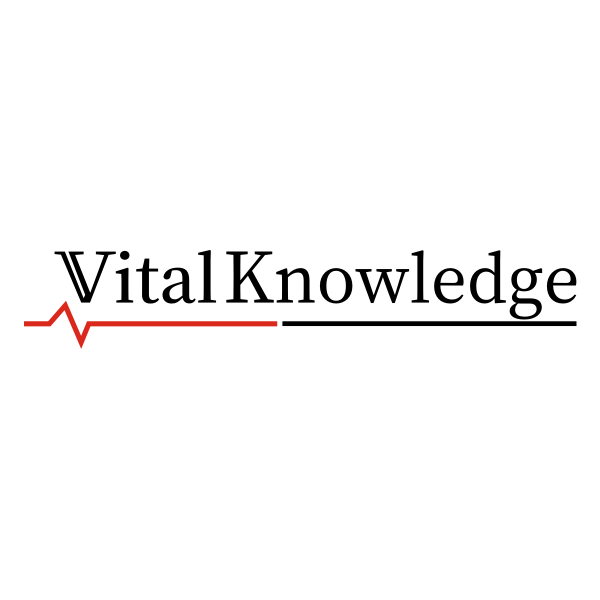Technology
Discover 5 Self-Hosted Note-Taking Alternatives to Evernote

Note-taking has evolved into an essential part of daily life, whether for professional tasks, academic studies, or personal journaling. Users often find themselves switching between popular applications like Evernote and Google Keep, searching for the perfect solution. With a myriad of applications available, those seeking enhanced control over their note-taking experience may benefit from self-hosted alternatives that prioritize data ownership and customization.
By opting for self-hosted note-taking solutions, individuals can maintain complete control over their personal data, ensuring that their notes remain on private servers rather than third-party clouds. This transition offers users the ability to create a tailored system that evolves alongside their needs, enabling a more effective and interconnected approach to information management.
Exploring Top Self-Hosted Alternatives
Joplin stands out as a leading open-source alternative to Evernote. It emphasizes user privacy through End-to-End Encryption (E2EE), securing notes right from the device before they are synced to any server, whether a personal setup or a commercial cloud. Users can choose between a familiar WYSIWYG editor or a clean Markdown editor, allowing for flexibility in content creation. All notes are stored in plain-text Markdown files, ensuring easy portability. Joplin supports notebooks, tags, and attachments, making it a robust option for those seeking both security and functionality.
Notesnook offers a modern solution for users wishing to regain control over their notes. Its standout feature is the option to set up a completely private server, allowing individuals to manage their collections independently. Notesnook excels in organization, providing tools for folders, tags, and pinning important notes. Additionally, its offline-first design ensures access to data without an internet connection. Users can export their notes in standard formats such as Markdown and PDF, further enhancing their digital independence.
For those with extensive note-taking needs, Trilium Notes provides a comprehensive solution. This application is designed to develop a private knowledge center, featuring an advanced folder system that allows for infinite nesting of notes. Trilium’s flexibility is evident through features like note cloning, which enables a single note to appear in multiple locations. It supports specialized note types, including Mind Maps and Drawing Canvases, allowing users to visualize connections between ideas. For tech-savvy individuals, customization options, including simple scripting, make Trilium a powerful tool that grows with user requirements.
SiYuan transforms note management by introducing a block-based editor reminiscent of modern productivity tools like Notion. Each piece of content, whether a single word or a heading, functions as an individual block, providing exceptional control and flexibility. Its unique capabilities include block-level referencing and bi-directional linking, fostering an interconnected web of ideas. This feature allows users to easily navigate related information, effectively preventing knowledge silos and enhancing overall information retrieval.
Lastly, Blinko presents a dynamic option for those seeking an advanced note-taking experience. Its modular, block-based design facilitates the creation of complex pages, databases, and integrated checklists, functioning as a personal wiki. Blinko’s knowledge management features automatically link related notes and visualize connections on a map, offering users a comprehensive view of their ideas. By moving beyond static folders and tags, Blinko allows for organic growth in users’ knowledge bases.
In summary, note-taking remains a crucial aspect of daily routines, and many powerful self-hosted applications are available to enhance this experience. Transitioning to a private note system offers complete control, ownership, and flexibility, allowing users to move beyond traditional applications and construct a personalized knowledge map that adapitates to their evolving needs.
-

 Top Stories1 month ago
Top Stories1 month agoRachel Campos-Duffy Exits FOX Noticias; Andrea Linares Steps In
-

 Top Stories1 week ago
Top Stories1 week agoPiper Rockelle Shatters Record with $2.3M First Day on OnlyFans
-

 Top Stories6 days ago
Top Stories6 days agoMeta’s 2026 AI Policy Sparks Outrage Over Privacy Concerns
-

 Sports5 days ago
Sports5 days agoLeon Goretzka Considers Barcelona Move as Transfer Window Approaches
-

 Top Stories1 week ago
Top Stories1 week agoUrgent Update: Denver Fire Forces Mass Evacuations, 100+ Firefighters Battling Blaze
-

 Top Stories1 week ago
Top Stories1 week agoOnlyFans Creator Lily Phillips Reconnects with Faith in Rebaptism
-

 Top Stories5 days ago
Top Stories5 days agoWarnock Joins Buddhist Monks on Urgent 2,300-Mile Peace Walk
-

 Entertainment6 days ago
Entertainment6 days agoTom Brady Signals Disinterest in Alix Earle Over Privacy Concerns
-

 Top Stories7 days ago
Top Stories7 days agoOregon Pilot and Three Niece Die in Arizona Helicopter Crash
-

 Top Stories4 days ago
Top Stories4 days agoCBS Officially Renames Yellowstone Spin-off to Marshals
-

 Health2 months ago
Health2 months agoTerry Bradshaw Updates Fans on Health After Absence from FOX NFL Sunday
-

 Sports4 days ago
Sports4 days agoSouth Carolina Faces Arkansas in Key Women’s Basketball Clash




